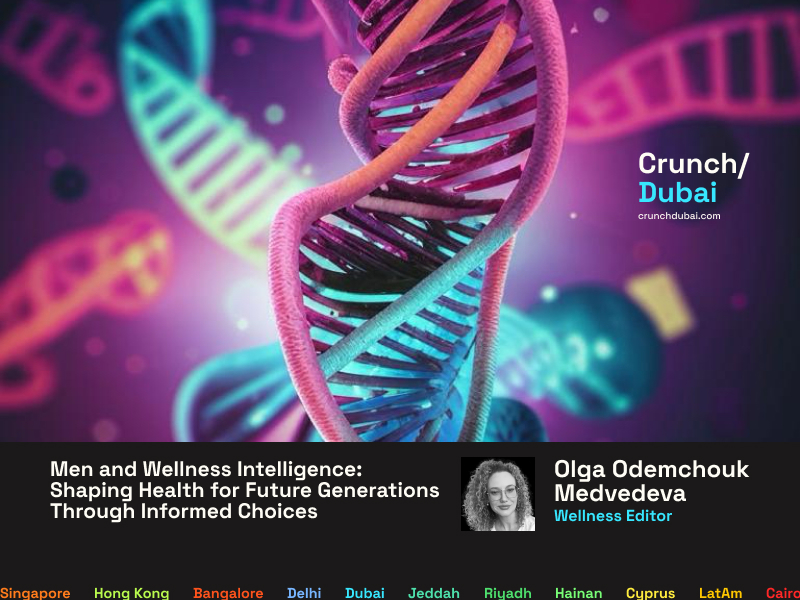The article “Epigenetics: The sins of the father,” published in , explores the concept of transgenerational epigenetic inheritance, highlighting how environmental factors can influence the genetic expression of future generations. This phenomenon suggests that experiences, particularly those of fathers, can leave lasting marks on their offspring, affecting their physical and psychological development.
Understanding Transgenerational Epigenetics
Transgenerational epigenetics refers to the transmission of information beyond the traditional genetic code, where environmental influences can lead to chemical changes in DNA that affect gene expression without altering the DNA sequence itself. The research conducted by Brian Dias and Kerry Ressler at Emory University illustrates this concept through experiments with mice. They found that male mice exposed to a specific odor associated with a mild foot shock developed a fear response to that odor, which was subsequently passed down to their offspring and even grandchildren. This was linked to changes in the brain’s olfactory structures and DNA methylation patterns in the sperm of the exposed males, suggesting that their experiences were encoded in a way that influenced future generations.
Mechanisms of Inheritance
The mechanisms behind transgenerational epigenetic inheritance remain largely elusive. Researchers are investigating how environmental signals might be embedded in germ cells, particularly sperm, which carry genetic information to the next generation. Theories suggest that exposure to certain stimuli could lead to alterations in DNA methylation or histone modifications in sperm, which might then be transmitted to offspring. Notably, the process of epigenetic reprogramming that occurs after fertilization complicates the understanding of how these marks persist through generations.
Recent studies have indicated that various environmental factors, such as diet and exposure to toxins, can lead to significant epigenetic changes in sperm. For instance, male rats on a high-fat diet produced offspring with altered DNA methylation patterns, while those exposed to pesticides showed persistent changes in gene expression across multiple generations. These findings underscore the potential for paternal experiences to shape the health and behavior of descendants, raising questions about the long-term implications of lifestyle choices and environmental exposures.
Implications for Wellness
Understanding how paternal factors influence offspring can inform strategies for health promotion and disease prevention. For example, if certain dietary or environmental exposures can lead to adverse health outcomes in future generations, public health initiatives could focus on educating individuals about the importance of their lifestyle choices.
Moreover, this research invites a reevaluation of traditional notions of inheritance, suggesting that the legacy of health and behavior is not solely determined by genetics but is also shaped by the experiences and environments of previous generations. This perspective encourages a holistic approach to health that considers both genetic predispositions and the broader environmental context in which individuals live.
In conclusion
The study of transgenerational epigenetics opens new avenues for understanding the complexities of inheritance and its implications for wellness. By embracing technology, we can gain personalized insights into our health and make informed choices about nutrition and fitness. Schools play a vital role in instilling healthy habits early on, while innovative solutions like mindfulness apps and virtual therapy help address mental well-being.
Creating supportive communities where families and neighbors work together towards wellness can have a ripple effect, spreading the benefits of good health far and wide. With data-driven public health policies tailored to specific community needs, we can ensure that everyone has access to the resources they need to thrive.
